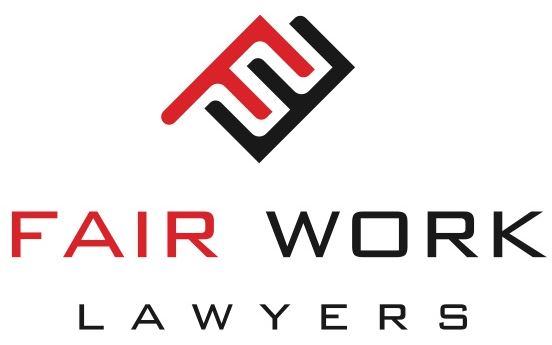News & Views
Security of Payment: High Court Ruling Declares Common Construction Contract Terms Invalid
The High Court has today handed down two key decisions relating to security of payment - the Probuild and Maxcon decisions. These decisions provide important guidance about how the Building and Construction Industry Security of Payment Act 2009 (SA) (the Act) operates. The Maxcon decision in particular has wide-ranging implications to commercial construction contracts – not just to security of payment processes, but to the legal enforceability of commonly used contract provisions.
Clients who operate in the construction industry should carefully read this circular (especially the section titled “Invalid contract clauses”) and consider the implications to their own circumstances.
Mere error of laws are not a basis for challenge
The High Court confirmed that adjudications cannot be challenged on the basis of an error of law, unless that goes to the adjudicator’s jurisdiction. Whether an error of law constitutes an error as to jurisdiction or a mere error of law is a complex area of law. However, there are many errors that fall within jurisdiction. For example, in the Probuild matter, the Court held that even though the adjudicator had misapplied the contract’s liquidated damages provisions (in favour of the claimant) this did not render the adjudication invalid.
Invalid contract clauses
In Maxcon, the High Court went a step further and made findings about the operation of section 12 of the Act. This section prohibits contracts from having “pay when paid” provisions. “Pay when paid” provisions are clauses in contracts that allow the ‘paying party’[1] to delay or withhold payment due to external circumstances (such as because they had not been paid, or were not entitled to be paid, under the terms of their contract with their client).
While this notion has commonly been understood in the context of variation approvals, the High Court has unanimously confirmed that it extends well beyond this. Under the Act, the definition of “pay when paid” extends to any clause that “makes the liability to pay money owing, or the due date for payment of money owing, contingent of dependent on the operation of another contract”.
In Maxcon, the subcontract provided that retention was only due when, among other things, a certificate of completion for the project was issued. Clauses of this nature are common in commercial construction contracts. The High Court held that because the clause “made the due date for payment [of the retention] contingent on [head contract completion]” it was a “pay when paid” provision and therefore invalid. Importantly, this means it is invalid at law (ie. the legal operation of the contract) and not just in the context of adjudication applications.
The Maxcon decision arose under the South Australian Act, and for applicable construction contracts in South Australia (see below) represents an authoritative statement of the law as it should be applied, including how it should be applied to contracts that are already in existence – even if works have been completed.[2]
What are the effects of this decision?
In recent times there has been a tendency for commercial contracts to include complex provisions around important contractual issues such as variation claims, extensions of time, practical completion, liquidated damages and the release of retentions. This decision casts doubt on the validity of any clause which prevents or delays payments being made on account of, or makes payment contingent on, decisions or acts under any third-party contractual arrangement. It is likely that this will have wide-reaching implications for existing and future contractual provisions.
Given the complex nature of these clauses, careful consideration will need to be given as to whether or not specific clauses are valid, but from experience it is likely that many clauses will be held invalid under the broad principle enunciated by the High Court. Relevantly, combined with the effect of the Probuild decision, it is expected that adjudicators will have more license to make findings in good faith that such provisions are not valid, something that would – even if wrong, ordinarily be an error of law, and not jurisdictional.
Fair Work Lawyers recommends that clients seek legal advice in relation to any particular term.
What contracts does this apply to?
The Act applies to most contracts for construction work in South Australia which were made on or after 10 December 2011. Construction work is defined broadly, and includes anything traditionally understood to be construction (except resource extraction), and also extends to include most related goods and services. There are several notable exceptions, including construction for owners of residential property that they intend to reside in, employment contracts and work outside of the State.
Need more information
Fair Work Lawyers have had a number of recent successes in security of payment claims and responses. The Maxcon decision has the potential to significantly alter the contractual landscape and the way security of payment claims and responses are made. The security of payment process is highly technical and can expose parties to significant risks if not properly understood or applied.
If you would like further information or advice about security of payment claims, responses and adjudications, or about rights and obligations under construction contracts, please contact the team at Fair Work Lawyers.
NECA Members can receive their first half hour consultation with Fair Work Lawyers for free, plus a discounted hourly rate. Contact them on (08) 8113 5347 or via the details below.

[1] i.e. in a main contract the project owner is the paying party to the head contractor, or in a subcontract the head contractor is the paying party to the subcontractor, and so on down the contractual chain.


